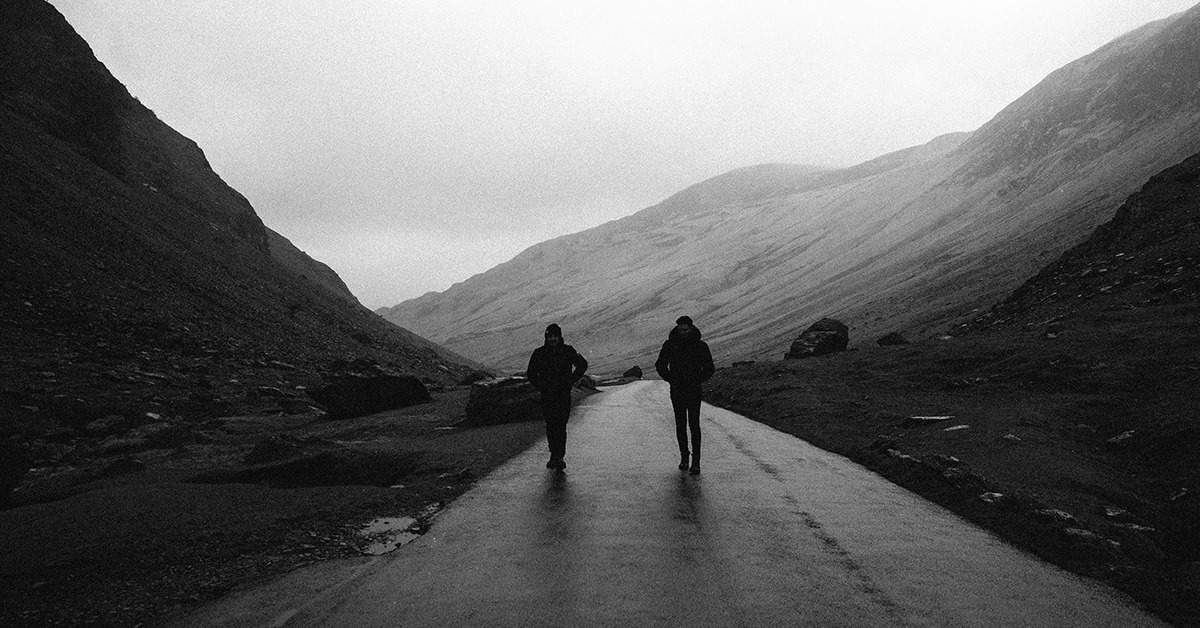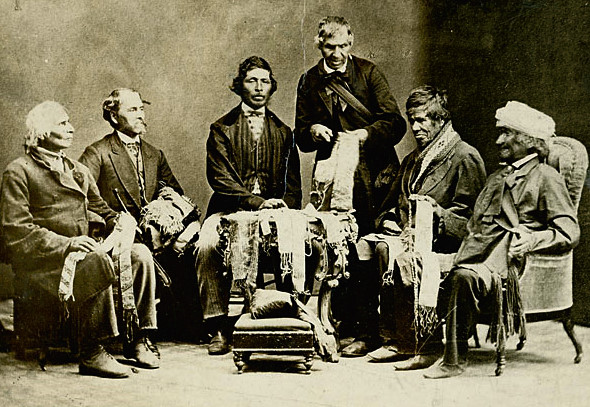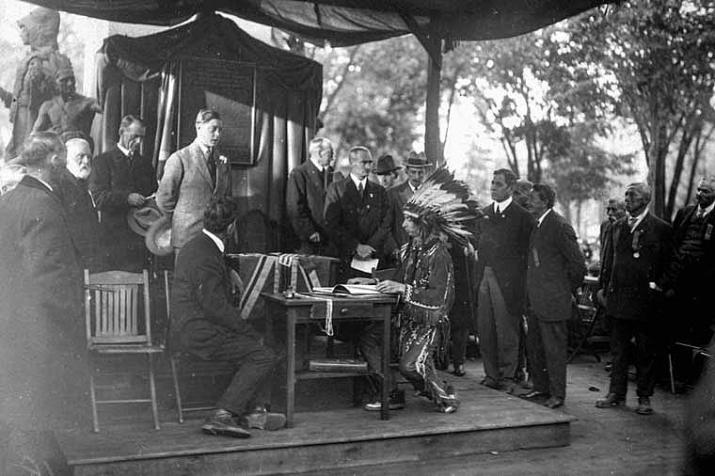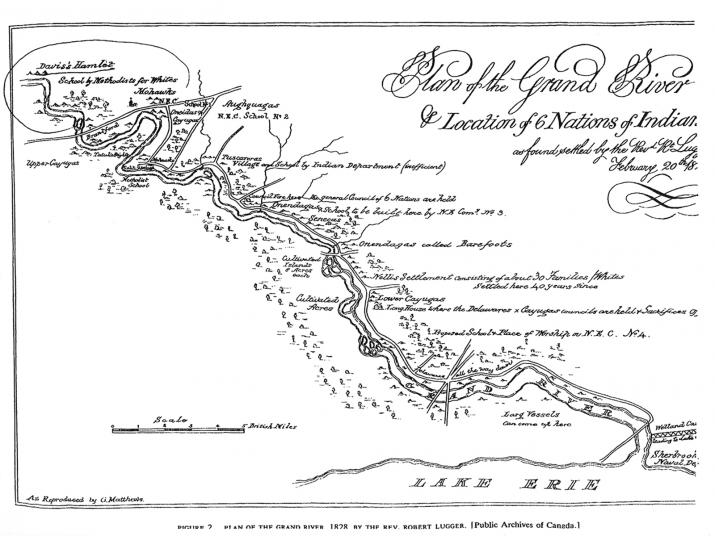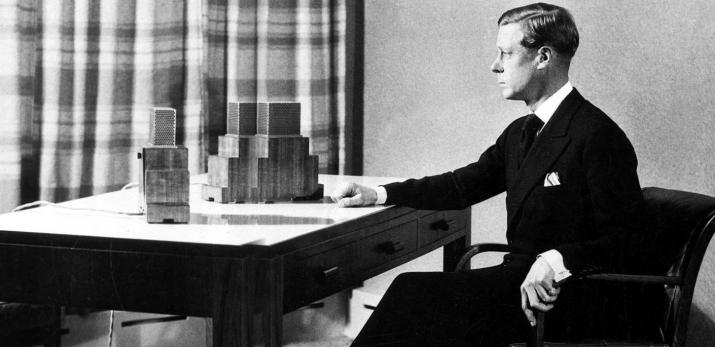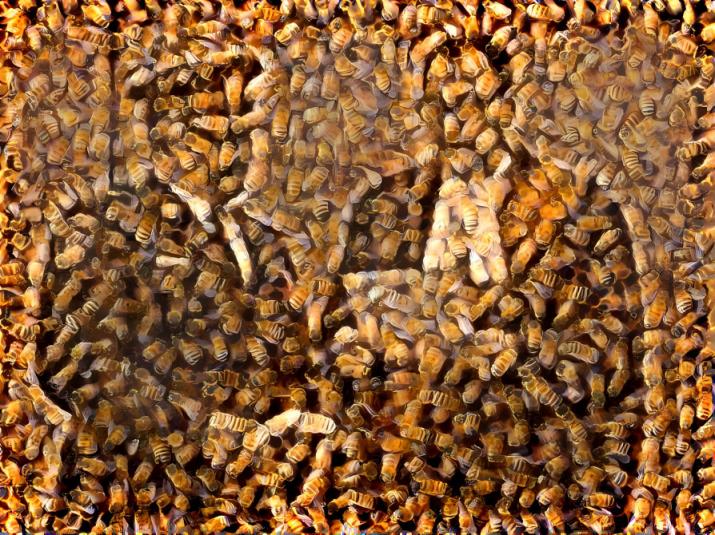
(July 11, 2022) ⟶ Grand Back is a website that provides online resources for Grand River Mohawk legal posterity. Here, you can find information on treaties, as well as other documents that we have archived and made freely available to the public. The “Grand River Mohawk Legal History Project” is led by Benjamin Doolittle, a fraternal member of the Sha’tekari:wate; one of nine uterine sub-clans of the Kanien’kehá:ka (Mohawk Confederacy), and is the 6th great-grandson of Colonel Joseph Brant. The project is based on the idea that by making these documents accessible, we can educate people about our history and help them to restore the law, and make informed decisions about our future.
The Grand River Mohawk Legal History Project ...


